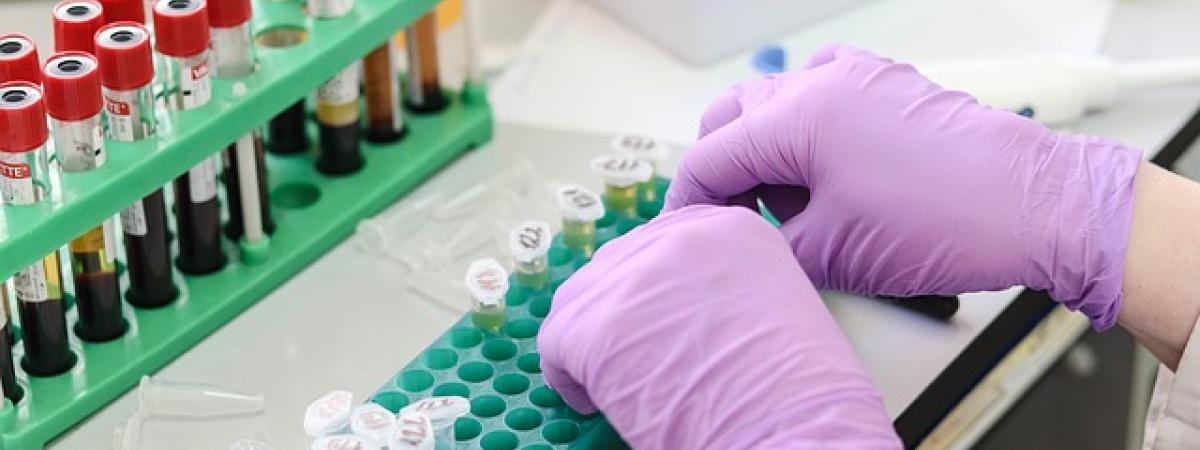The history of the clinical trial

Medical progress depends on research involving human subjects. Great care is now taken to safeguard the participants, but this wasn’t always so. Here’s the evolution of the clinical trial.
The Early Pioneers
Writing as early as 1025, the Persian philosopher Avicenna first described how to test different drugs in an encyclopaedia called the ‘Canon of Medicine’.
The real trailblazers were Dr James Lind, a Royal Navy doctor in the 18th century, and Professor Bradford Hill, London Professor of Statistics in the 1940s.
James Lind performed the first ever clinical trial, famously testing the effects of acidic fruits, vinegar and cider on groups of sailors afflicted with scurvy: oranges and lemons proved to be the cure.
We have Professor Hill to thank for the random nature of clinical trials. Before his time, the doctor decided which patients received the drug and which the placebo. This was open to bias with the doctor perhaps making his decision on how sick you were or even whether he liked you.
As well as being unethical, this also leads to bad science. If the sicker patients – who may be less likely to survive - receive the placebo whilst the less sick receive the drug being tested, this could make the drug appear more effective than it really is.
The Villains: Trials to forget
Despite the huge leaps they opened up in the scientific field, the history of clinical trials is a problematic one.
In 1941, a 12 month old baby in California was deliberately infected with herpes as an experiment; in 1944 inmate ‘volunteers’ in an Indiana prison were infected with sexually transmitted diseases to test a cure; in 1956, children with learning disabilities at a school in New York were infected with hepatitis to investigate a cure….not to mention the experiments carried out in concentration camps.
In response to these atrocities, the World Medical Association released the ‘Declaration of Helsinki’ in 1964, a set of ethical principles that protect human subjects. Today, power lies with the participant: they must give informed consent to take part, they have the right to withdraw at any time and the trial itself must be ethically approved. No more mad scientists placing their research interests above the well-being of the participants.
Trials to remember
Recent and current trials, now safe, are shaping the face of modern medicine – and they often have cool names (BATMAN, TORPEDO, and PROMISE to name a few). Here are three very important trials:
- The DASH trial in 1997 published evidence that a diet rich in fruit and vegetables and low-fat dairy foods can lower blood pressure.
- The Physician’s Health Study in 1989 established that aspirin can reduce the risk of heart attacks but may increase bleeding risk.
- The British Doctors’ Study proved in 1956 that tobacco smoking increased the risk of lung cancer.
A final word from the expert
Professor Thomas C Chalmers spent his life designing and refining clinical trials. Outside of work, he even carried out trials to test the quickest way to work, to decide the time of day at which caffeine should be consumed and to choose which wine to drink. When treated for cancer, he insisted on taking part in a trial.
Having seen the best and worst of clinical trials, he famously said, “You shouldn’t work in a trial unless you would be willing to take part yourself if you had the disease”.
His legacy is that trials are now performed by scientists with this mindset, so we are in safe hands.
